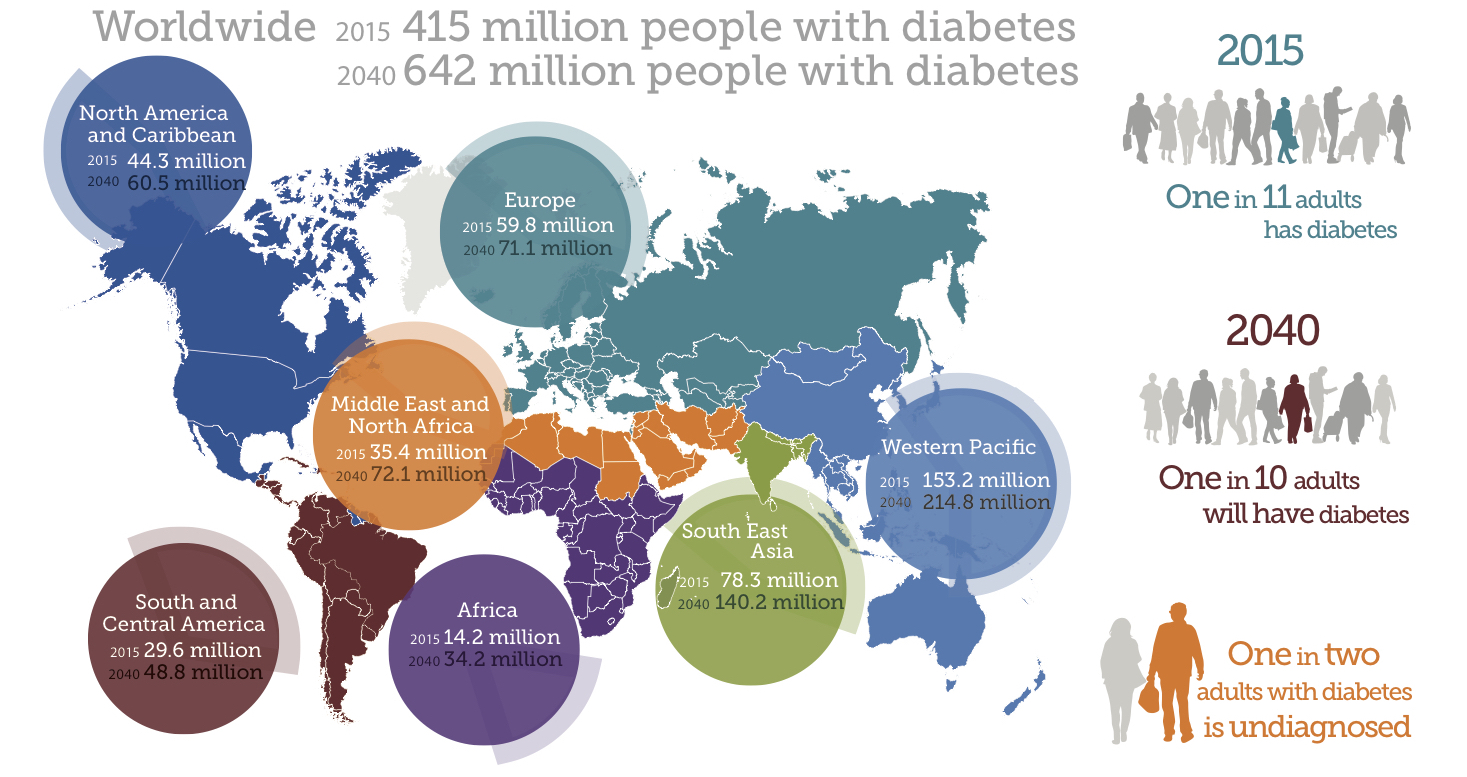The Power of Planting Trees
We are now living in a world where the increasing amount of scientific evidence proving the existence of climate change is being overshadowed by the drastic effects that can be seen even in our immediate environment. From catastrophic droughts in the United States to flooding and snowfall in South Africa, extreme weather patterns are becoming more frequent and widespread. The United Nations, the World Economic Forum and many government institutions and multinational corporations are all implementing huge efforts to reduce their green house gas emissions, their carbon footprint and their dependency on fossil fuels. There is another, significant tool to help us reduce the anthropogenic emissions derived from fossil fuel energy production to the lowest possible levels while we continue to develop the technology needed for a cleaner and sustainable alternative: our forests.…

